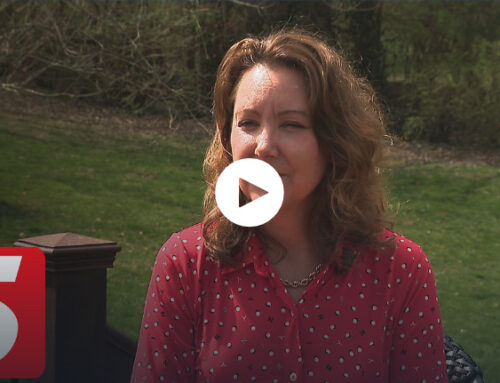The Knoxville News-Sentinel in a Sunday editorial praises a House committee’s decision to delay body camera legislation and wait for a study by the Advisory Committee on Open Government:
The state Legislature wisely has decided to take a closer look at police body cams before imposing secrecy on the videos they produce.
Legislation proposed by Rep. Glen Casada, the Republican Caucus chairman from Franklin, would have kept all footage away from the public for at least a year while the issue was being studied. The moratorium was needed, Casada said, to protect the privacy of bystanders who might be caught on camera.
The Tennessee Coalition for Open Government agreed that the issue needed more study, but it wanted to make sure videos could be made public if questions of excessive force or violation of rules arose.
The issue is undoubtedly complicated.
Even the strongest advocates of transparency — and we happily count ourselves among them — agree that many videos should not be open records. Officers might be using body cameras in people’s homes, in businesses or in hospital rooms. They might be talking to rape victims or minors. Or they might be interviewing witnesses who would not cooperate if they knew their statements could be viewed by the public.
However, some videos must be open to public scrutiny. Otherwise, how would these expensive and burdensome devices improve police accountability and build trust with the citizenry?
Add in questions about redaction, storage and the costs of access, and the complexity of the issue is readily apparent.
There is an urgent need to address the matter. A few law enforcement agencies already are using body cams. Knox County Sheriff J.J. Jones, in particular, has deployed more than 150 cameras, and he plans to buy 600 within the next few years. Several others departments are weighing purchases.
It would be far better for the Legislature to craft sensible rules for access than to rely on sheriffs and police chiefs to develop a hodgepodge of policies, any one of which might be challenged in court and trigger a ruling based on limited facts and no compromise.
Read more of this column: Studying issues of police body cameras wise




